Judges are expected to be impartial, independent, honest, and competent in the discharge of their vital duties to society.
However, justice is administered by human judges and infallibility is not expected in any legal system. Appeals to superior courts comprising more senior judges are society’s response to correcting the mistakes of judges of the first instance.
Thus, in Malaysia, appeals automatically proceed from the High Court to the Court of Appeal, and thereafter in civil matters by leave or permission of the Federal Court, and automatically in criminal matters to the Federal Court, our final and apex court.
No one claims that judges of the apex court, whether our Federal Court or the Supreme Courts of the United Kingdom, Canada, or India are infallible and perfect. They too make mistakes.
But because of the importance of finality in litigation, in every society, a balance is reached between achieving finality and ensuring that appeals exist to correct errors. However, in every country, there must be an apex court over which no superior court or judges can correct their errors.
Such inability never deterred the court system from receiving the confidence of the Bar and the people. Public confidence in the administration of justice was not diminished by applying strictly and unconditionally the doctrine of finality, as in the past.
A decision of the House of Lords (UK highest court until 2010) and our Federal Court was final, conclusive, and binding on all.
That this represented the law of Malaya before Merdeka, and thereafter throughout the rest of the 20th century, is demonstrated by the decision of the Supreme Court (the former name of our Federal Court) in Lye Thai Sang v Faber Merlin Sdn Bhd [1986] 1 MLJ 166 when an unsuccessful litigant, having lost before the Supreme Court, thereafter filed an application to review that judgment.
In delivering the judgment of the Supreme Court in dismissing the review application, chief justice Abdul Hamid Omar declared:
“Where, therefore, a final decision has been delivered, an appeal is in effect heard and disposed of. In other words, it is brought to a final conclusion. And that being the case, the Supreme Court has no power to re-open, re-hear, and re-examine its decision for whatever purpose.”
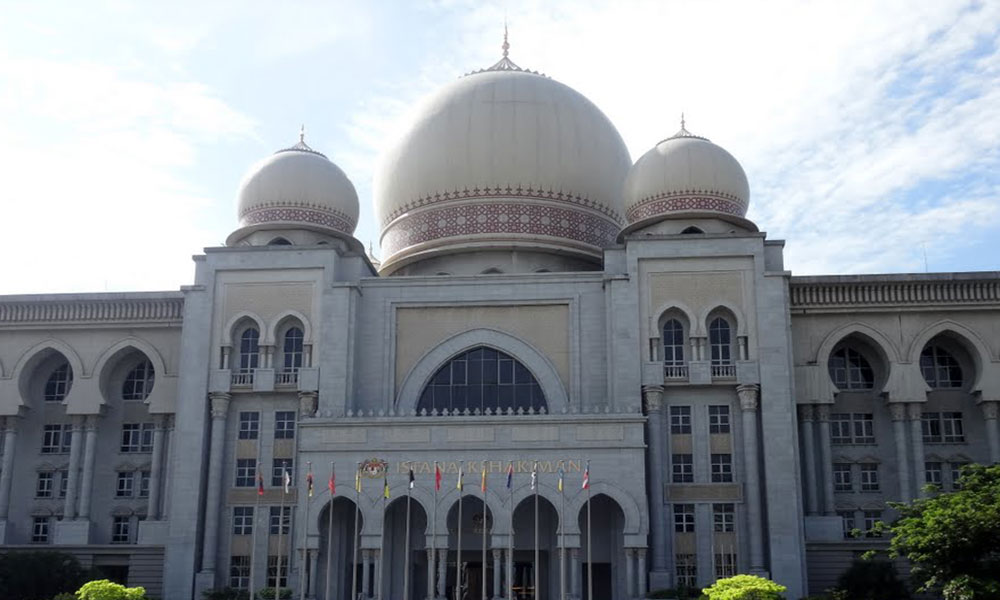
Hence, our great judges, Tun Suffian LP, Raja Azlan Shah LP (as His Majesty was then known), and Eusoffe Abdoolcader did not recognise a review jurisdiction of the apex court. Likewise, practitioners in Malaya.
That, too, was the legal position in the United Kingdom, the home of the common law system, later exported to over 50 countries across the globe.
Judgment reviews in India and UK
The position in India was markedly different. The Constitution of India, the supreme law of that nation, as is our Constitution, expressly grants, in Article 137, jurisdiction to the Supreme Court to review its judgments and orders.
It reads: “Article 137: Review of Judgments or Orders by the Supreme Court subject to the provisions of any law made by Parliament or any rules made under Article 145, the Supreme Court shall have power to review any judgment pronounced or made by it.”
Our laws do not have an equivalent to the Indian Article 137, which may explain why it has never been applied in our courts. Hence, that is not the legal basis of the review jurisdiction in Malaysia.
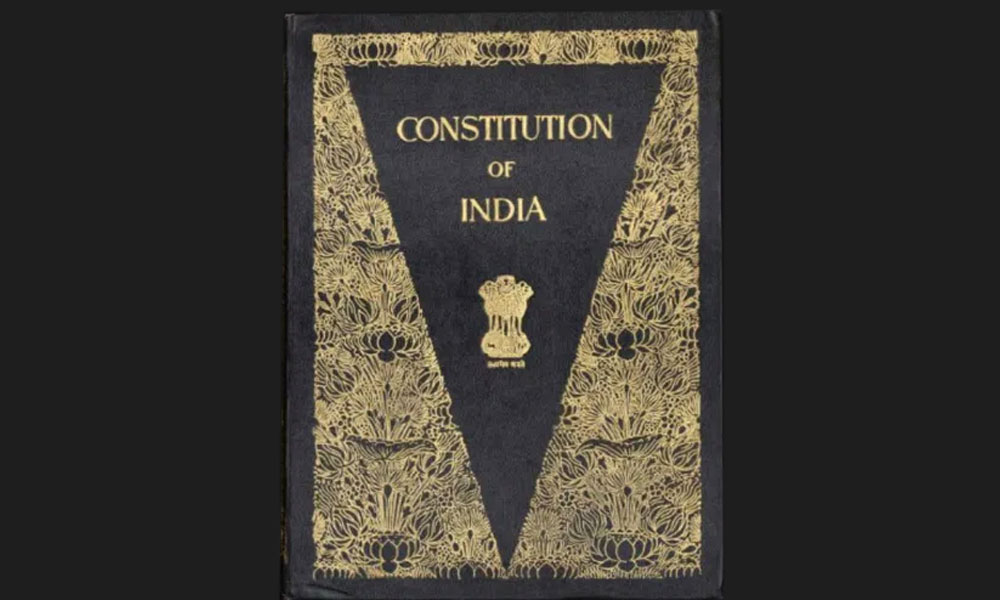
Although the word “landmark” is overused (primarily by lawyers when referring to their own cases) the decision of the House of Lords given on Jan 15, 1999, in R v Bow Street Magistrate, Ex P Pinochet (No. 2) was a landmark decision which had transformational consequences, not only in the United Kingdom but globally.
In an earlier decision, another five-member panel of the House of Lords ruled that the Chilean dictator, General Augusto Pinochet, could be extradited to Spain to face criminal charges arising from torture in Chile while he was head of state.
One of the judges in the majority decision of 3-2, Lord Hoffman was discovered, after the decision was delivered, to have some links (as was his wife) with Amnesty International, which had intervened before the House of Lords, and had submitted through counsel against Pinochet.
A setting aside application was then filed by Pinochet in the House of Lords, which heard it before another panel of five judges as well. The Senior Law Lord, Lord Browne-Wilkinson decided on the jurisdiction of the court to hear the matter, observing:
“In principle, it must be that your Lordships, as the ultimate court of appeal, have power to correct any injustice caused by an earlier order of this House. There is no relevant statutory limitation on the jurisdiction of the House in this regard and therefore its inherent jurisdiction remains unfettered.
“However, it should be made clear that the House will not reopen any appeal save in circumstances where, through no fault of a party, he or she has been subjected to an unfair procedure. Where an order has been made by the House in a particular case there can be no question of that decision being varied or rescinded by a later order made in the same case just because it is thought that the first order is wrong.”
Important decisions of the House of Lords are followed by Bench and Bar elsewhere in the common law held. Taking inspiration from Pinochet (No. 2), and as the 21st century dawned, Malaysian practitioners quickly applied to the Federal Court in droves, inviting one Federal Court panel to review the decision of another.
Although the success rate of review applications in Malaysia can be counted on the fingers, it has not deterred the fused legal profession to advise their clients in too many appeals to have “another bite at the cherry”.
Thus, in the last 23 years we had hundreds of review applications, the vast majority of which were hopeless and doomed: they were promptly dismissed.
What must be kept in mind is the jurisdictional basis of the review jurisdiction in the United Kingdom and Malaysia. Neither country has the equivalent of Indian Article 137. So there is no express law empowering review.
In such circumstances, the courts invariably rely on their inherent powers – judges, particularly of apex courts, do not wish to be powerless when grave injustices occur in a case before them.
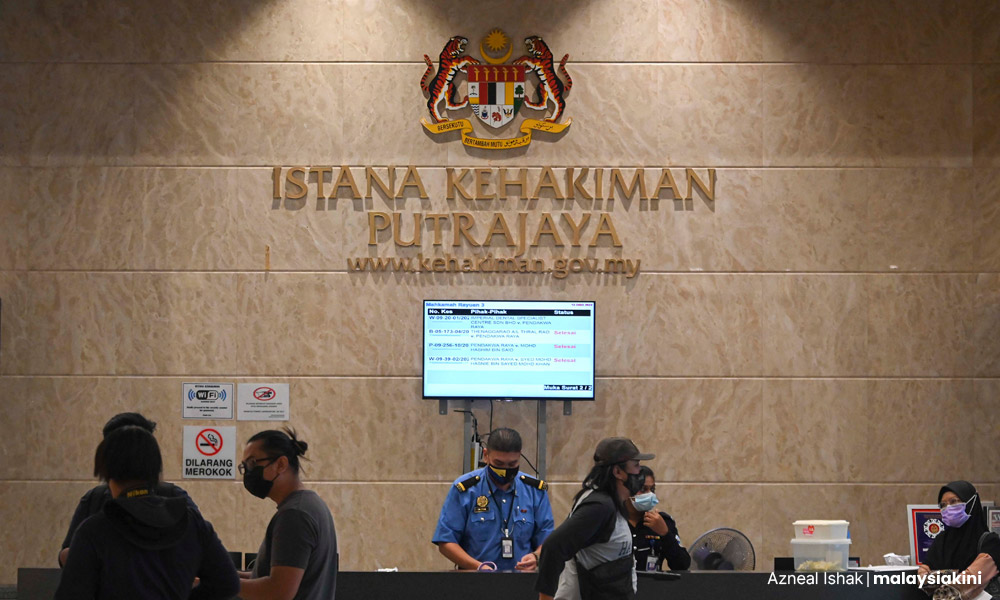
In Malaysia, the inherent power is put in subsidiary legislation, that is, in the Rules of the Federal Court, 1995. Rule 137 reads: “Rule 137: Inherent Powers of the Court: For the removal of doubt it is hereby declared that nothing in these Rules shall be deemed to limit or affect the inherent powers of the Court to hear any application or to make any order as may be necessary to prevent injustice or to prevent an abuse of the process of the Court.”
The SRC case
It is against this background that former prime minister Najib Abdul Razak’s review applications in the SRC matter should be considered. I declare my interest at the outset. I was the public prosecutor who charged the former prime minister, not just in the SRC case but also in four other prosecutions.
I made the opening speech on behalf of the prosecution at the SRC trial, which I attended from time to time until I resigned in late February 2020 when the defence was presenting its case at trial.
Along with millions of Malaysians, I have closely followed the SRC case as it meandered through the different courts. I write this as a private citizen and a member of the Bar, where I practise.
Being dissatisfied with the decision of the Federal Court in dismissing his appeals, and affirming his conviction and sentences, Najib filed four separate review applications with the Federal Court under Rule 137 in relation to the following matters:
(i) to adduce additional evidence with a view to disqualifying the trial judge, Justice Nazlan;
(ii) seeking an adjournment of the hearing of the appeals;
(iii) seeking to recuse Chief Justice Tengku Maimun from sitting in the panel to hear his appeals; and
(iv) the decision to convict and sentence him to imprisonment.
In legal terms, the first three review applications are doomed to fail because they are “interlocutory” in nature, where the discretion to decide is widely and broadly conferred on the court that first exercises it, the Federal Court, in this instance.
Thus, even appeals in these matters seldom succeed because of the extent and scope of the discretion given to the first decision-maker. On a review application at the apex court, this is an insurmountable hurdle.
Accordingly, based on past precedents of the sparing and exceptionally few cases where review has succeeded before the Federal Court, the outcome was plain and obvious. They had to be rejected. That was the inevitable result of the majority of the four judges, who have delivered their written grounds: itself, unusual.
In a typical review case which is dismissed, the Federal Court does not provide written reasons. The presiding judge, Abdul Rahman Sebli, delivered a minority judgment in writing, focusing solely on the second review application relating to the refusal of the Federal Court in granting the adjournment sought by Najib.
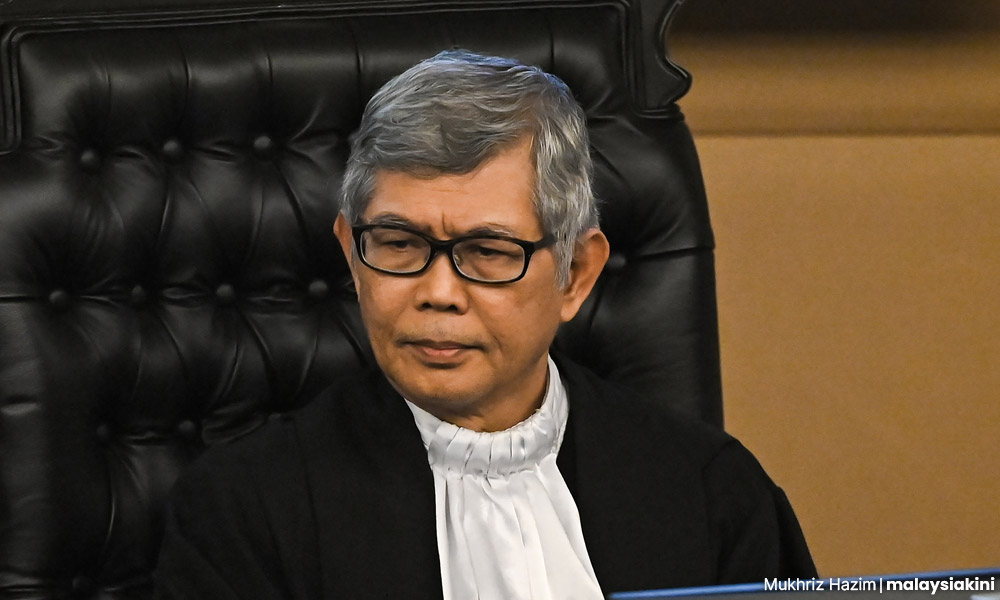
As to the other three review applications, the dissenter (Abdul Rahman) stated in Paragraph 5 of his grounds, “I shall express no opinion on the other three motions”. Apart from being unusual, it was unsatisfactory because it is unclear whether he had dismissed those three motions (in which case the court is unanimous on the three motions) or decided in their favour.
As a judge, he cannot remain neutral; he has to decide.
In Paragraph 41 of his judgment, Justice Rahman states: “[41] It was submitted that if at all any blame is to be attributed to anyone, it should be to his lawyers and not the applicant. In my humble opinion that is a fair statement to make. There is no justification to make the applicant pay such a heavy price, as the price that he is paying now, for his lawyers’ mistake.”
Likewise, in Paragraph 89: “But more importantly, it would be grossly unfair to make the applicant suffer the consequences of his lawyers’ fault in accepting the brief knowing that he was only prepared to argue the motion to adduce additional evidence…”
Hence, even the dissenter accepted that the lawyers appointed by the accused had committed mistakes concerning the adjournment point; where he departed from the majority was that Justice Rahman decided that such mistakes were not binding on the client.
It is critical to note that the hearing date for the SRC appeals was given by the Federal Court four months prior (April 2022) on dates acceptable to all counsel and the court. The hearing was for 10 successive days from Aug 15 to 26.
Thus, Najib’s lawyers had four months to prepare for the hearing of his final appeal. But what is most significant is the generous amount of time allotted to this hearing - 10 days. Time is a luxury in all apex courts (indeed, each counsel is only given 30 minutes in the US Supreme Court).

A typical criminal or civil appeal would be completed in two to three hours before the Federal Court: this has been my experience since the early 1980s. For special cases which have voluminous documentation, the Federal Court accommodates requests from counsel for a longer hearing. But even securing two or three days of hearing before the Federal Court is exceptional.
It is extremely rare to be given 10 hearing days. What that means is that other appeals - equally deserving of determination - have to wait longer because so much precious judicial time is reserved for one appeal.
In this context, I wish to point out the strong words of two very experienced law lords in the House of Lords decision in Ashmore v Lloyds [1992] 2 All ER 486 [HL]:
Lord Roskill ( Page 488):
“The Court of Appeal appears to have taken the view that the plaintiffs were entitled as of right to have their case tried to conclusion in such manner as they thought fit and if necessary after all the evidence on both sides had been adduced. With great respect, like my noble and learned friend, I emphatically disagree.
“In Commercial Court and indeed in any trial court it is the trial judge who has control of the proceedings. It is part of his duty to identify the crucial issues and to see they are tried as expeditiously and as inexpensively as possible. It is the duty of the advisers of the parties to assist the trial judge in carrying out his duty. Litigants are not entitled to the uncontrolled use of a trial judge’s time. Other litigants await their turn. Litigants are only entitled to so much of the trial judge’s time as is necessary for the proper determination of the relevant issues.”
Lord Templeman (Page 493):
“The parties and particularly their legal advisers in any litigation are under a duty to co-operate with the court by chronological, brief, and consistent pleadings which define the issues and leave the judge to draw his own conclusions about the merits when he hears the case. It is the duty of counsel to assist the judge by simplification and concentration and not to advance a multitude of ingenious arguments in the hope that out of 10 bad points, the judge will be capable of fashioning a winner…
“…I also said that the appellate court should be reluctant to entertain complaints about a judge who controls the conduct of proceedings and limits the time and scope of evidence and argument…
“…the control of the proceedings rests with the judge and not with the plaintiffs. An expectation that the trial would proceed to a conclusion upon the evidence to be adduced is not a legitimate expectation. The legitimate expectation of any plaintiff is to receive justice. Justice can only be achieved by assisting the judge and accepting his rulings.”
These principles, accepted by our courts, apply with greater force concerning appeals.
Further, requests by Najib’s lawyers to postpone were rejected before the hearing commenced on Aug 15, 2022. Although Justice Rahman referred to a previous review decision of the Federal Court, viz, Halaman Perdana v Tasik Bayangan [2014] 4 MLJ [FC] which stated in plain and simple terms that an adjournment decision cannot be the subject of review by the Federal Court, he did not follow it.
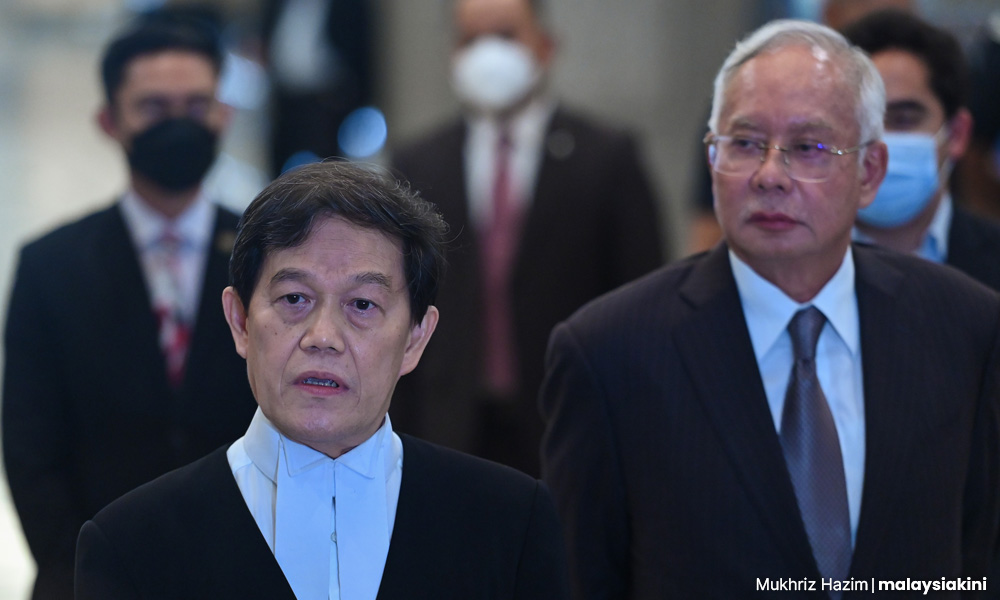
Perhaps the worst aspect of his dissent was the decision, unjustifiable in law, set out in Paragraph 115 of the grounds: “…As for the consequential order to be made, the proper order in my view would be an order of acquittal and discharge for all the offences that the applicant was charged with.”
The only correct decision that would legally follow after he set aside the decision of the Federal Court that affirmed conviction and sentence, was to order a re-hearing of Najib’s appeals before the Federal Court.
What was on appeal before the Federal Court (the “res” in legal parlance) was the conviction and sentence decisions made by the Court of Appeal. They are wholly unaffected by a process argument in the apex court under review. The conviction and sentence imposed by the High Court, and upheld by the intermediate Court, the Court of Appeal, remain in place.
But Najib’s appeal would have to be re-heard by another panel of the Federal Court if the minority decision is correct. The fact that Abdul Rahman did not order so is troubling.
The nature of the judicial process and the standing of our judges would be substantially diminished if a member of the apex court does not apply this elementary rule on relief. - Mkini
TOMMY THOMAS is a former attorney-general.
The views expressed here are those of the author/contributor and do not necessarily represent the views of MMKtT.



No comments:
Post a Comment
Note: Only a member of this blog may post a comment.